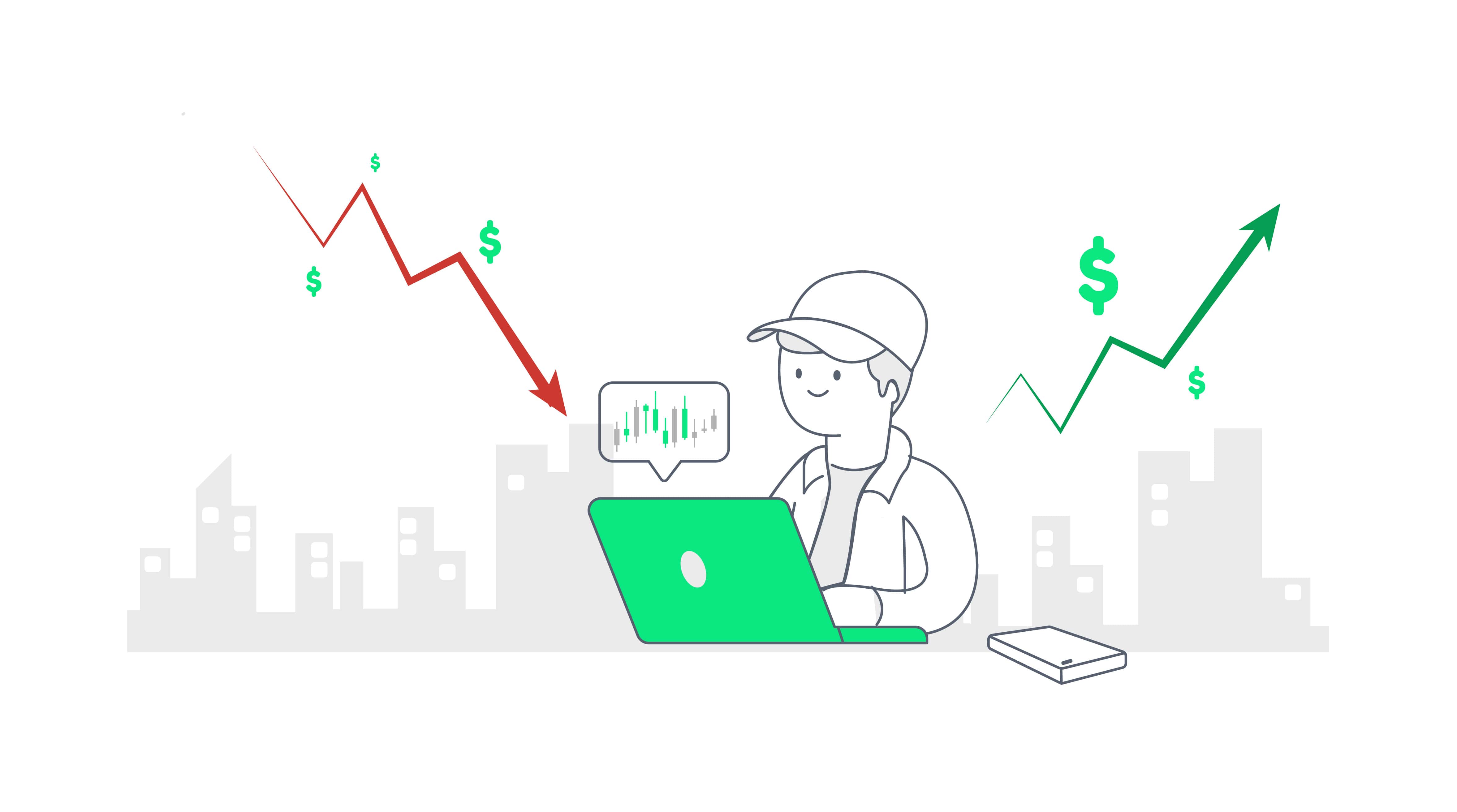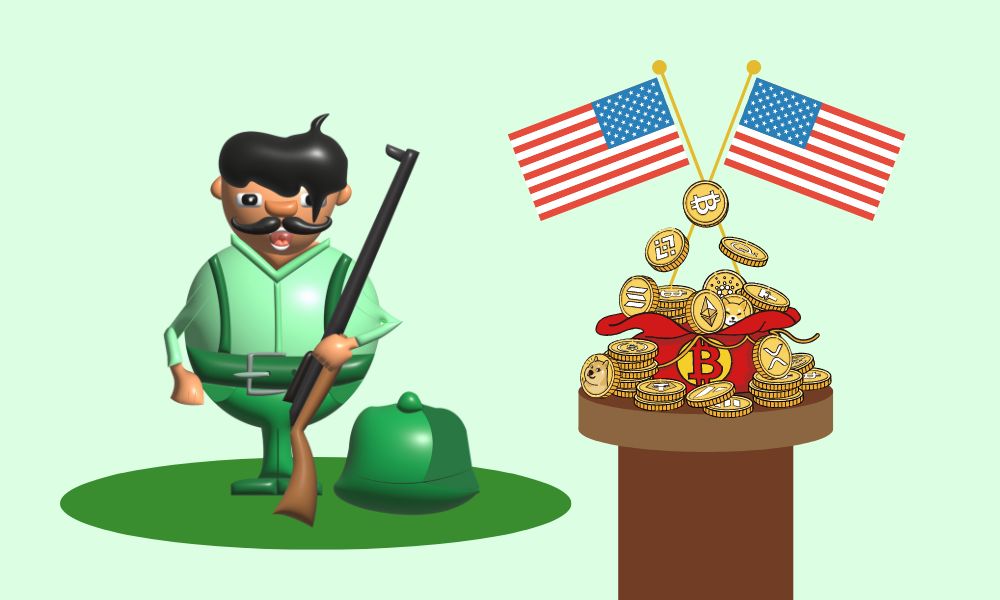Russia-Ukraine war gives Fed ‘ammunition’ to not raise interest rates quickly, CEO says- PipsHunt
Opimas CEO Octavio Marenzi joins Yahoo Finance Live to discuss the Russia-Ukraine conflict's impact on foreign markets and energy trading, the Fed's interest rate hike schedule, Fed Chair Powell's stance on inflation, CPI data, oil prices, and the FAANG stocks.
Let's now bring in Octavio Marenzi, CEO at Opimas Octavio, thanks for being with us this afternoon.
How much of today's move in stocks do you think is being driven by the Russia-Ukraine crisis versus the inflation data that we got out this morning, versus just some give-back from the rally that we saw in the major equity indices yesterday?
OCTAVIO MARENZI: Well, I think we're being pulled in all three directions rather violently at the moment. So it's really interesting to see what's going on.
I think if you look at the European markets, what's happened the past couple of days, it's been really sort of extreme movements. So we saw two days ago the DAX and the [? Kerkorian's ?] in France go up 7% or 8%.
But when it looked like Zelenskyy was getting close to sort of accepting peace terms from the Russians-- or at least saying he was open to it and willing to accept sort of the major broad outlines that Putin's laid on the table.
So that, of course, sent markets in Europe on an absolute zoom up, 7% or 8% up in some of the major markets. Sent natural gas prices in Europe down 26%, 27% in a day. These are movements we've almost never seen.
Today it looked like he was stepping back. The Russians, Ukrainians couldn't meet any sort of convergence on their demands. And so the markets turned around and went the other direction.
We're seeing really dramatic moves. And it's all really tied to Ukraine right now. And in a secondary way, in terms of interest rates. So I think the sort of activity, this war in Ukraine, is going to give the Fed sort of the ammunition or the cover that it needs to not raise interest rates too quickly.
And I think Jay Powell is a very sort of tepid inflation fighter. And he's not going to really do as much as he needs to do there to get that under control.
More News from PipsHunt
Japan’s Nikkei 225 rises more than 3% as Asia-Pacific stocks rise
White House to Order Broad Review of Cryptocurrencies
Shake Shack Has a Big Surprise for Bitcoin and Crypto Fans
And this seems like an excuse to sort of kick the can further down the road still and not do too much too soon. So I expect he might raise interest rates 25 basis points next week.
But he's going to cool off on that for a while, while things sort of settle in Europe to see what's going on there and what direction markets go.
- What does that signal for the velocity of rate hikes to come even after this upcoming FOMC meeting?
OCTAVIO MARENZI: I think it's going to slow down. Personally, that's what I'm thinking. I think they're going to slow down. I think they're going to be-- I mean, the [? basic ?] money was basically saying they're going to raise it 25 basis points every month for a year or something of that sort.
I think that's basically off the table. He has to do something next week and raise it. But let's be frank, an increase from basically 0% to 0.25%-- in terms of the fed funds rate-- is not going to bring inflation under control. It's not like he can just press on the button saying, 25 basis point increase and inflation stops.
He's going to have to raise interest rates much, much more decisively than that for a much, much longer period. And equity markets are not going to like it.
There's no way around that. He has to get inflation under control, do something that the equity markets and bond markets are not going to like. There's no way around that. But I think he'll be very reluctant.
Like I said before, he's been a very reluctant inflation fighter. Basically denying it was even there.
Then saying it was temporary. And then pointing fingers in other directions, saying other things are to blame. Really I think he's not too keen on this fight that he has in front of him.
- And you mentioned that the geopolitical situation means that the Fed can, in some ways, kick the can down the road when it comes to the tightening timeline.
But can the economy afford that right now, even if the stock market doesn't necessarily want to see this tightening, these interest rate rises to happen? Because just this morning we did get that fresh 40 years high print on inflation in CPI.
OCTAVIO MARENZI: Well, the inflation, of course, is very bad for people holding cash. It's very bad for people on fixed incomes. It's a very unpopular thing. I think what's going to happen, more than anything else, is this is going to become an enormous political liability for the Biden administration.
And it's too late now to fight inflation in time for the midterm elections in November by increasing interest rates. As I said, that's an approach that takes a long time-- it took us a long time to see the quantitative easing manifest itself in terms of higher inflationary pressure, took quite a few years.
And it's going to take a few years on the downside to get that under control.
So it's not the kind of thing that the Fed-- even if it wanted to-- could get under control overnight. Even if they raised interest rates to 10% or something like that, I don't think inflation numbers would change much for some time to come. So Joe Biden has a problem. The Democratic Party has a problem there.
In the sense that they can't really do very much between now and the midterms in terms of monetary policy. Even if they put lots of pressure to raise interest rates, it's not going to help that much. So I'm expecting them to do something else. They're going to have to show that they're very serious.
They're going to show the American elector that they're very, very serious about getting inflation under control and taking some dramatic steps.
And I think one of the things they're probably considering right now is some sort of price controls on gasoline, and maybe on other goods and services, to show the American voter that they really are serious about fighting inflation.
And I think that's one of the few options available to them at this stage.
- And speaking of energy. Obviously, when you see these oil prices swing day after day on the Russia-Ukraine crisis, you've said that renewable energy is looking like a great bet right now.
Why is that? And how do you advise your clients to really take advantage of this, and perhaps the other sectors that could benefit from more clean energy?
Well, I think the reason renewable energy looks so good is that it's a major priority for the Biden administration. We just saw a budget passed that has some very generous handouts into the renewable energy sector.
So that should benefit them. Higher oil prices and a general shift away to renewables are really sorts of the trend.
So the whole environmental and climate policy of the Biden administration really favors those kinds of stocks. I know they've had a big run-up so far, but I think there's some more space, more runway for them to carry on in that direction.
- For investors that have been looking at some of the deep discounts across some of the biggest tech names-- whether they be FAANG names or whether they be in the cloud space, semiconductor, or whatever you may have.
You also have to take into this headwind risk of what a rising rate environment may potentially mean for some of those names.
From your perspective, is this the time to still be setting some of those positions and that rotation into some of these extremely discounted names?
Or would you still be staying away from them at this point with that headwind risk of the rising rate hike environment headwinds that could still persist at this point?
OCTAVIO MARENZI: Well I personally am staying away from them. I'm reluctant to jump into that market.
 An Ultimate Guide An Ultimate Guide Day Trading Guide for Beginners |
I think those stocks-- those tech stocks or FAANG you mentioned-- are particularly sensitive to interest rates or are more sensitive than many of the other stocks in the market. And so I'd be very wary of doing that.
Now, you might time it just perfectly and jump in there. And maybe Jay Powell is not going to increase interest rates, in which case the FAANG stocks would really take off and do very, very well. I'm not sure-- I don't think that's going to happen.
But it would be a very risky move, I think, to jump into those stocks at the moment.
- We do thank you for your insights. Otavio Marenzi, Opimas CEO. Thank you for your time this afternoon.
- Yahoo Finance

















